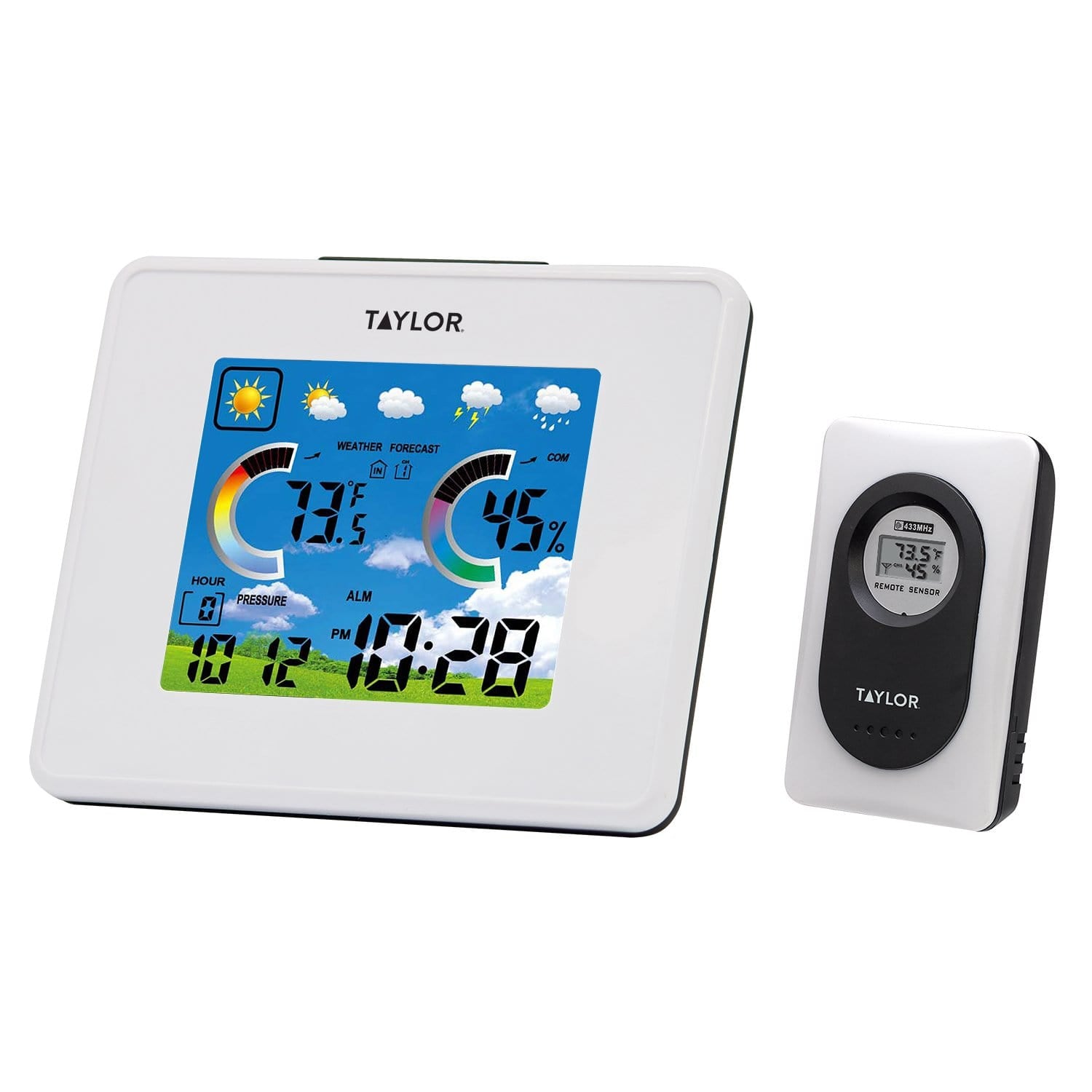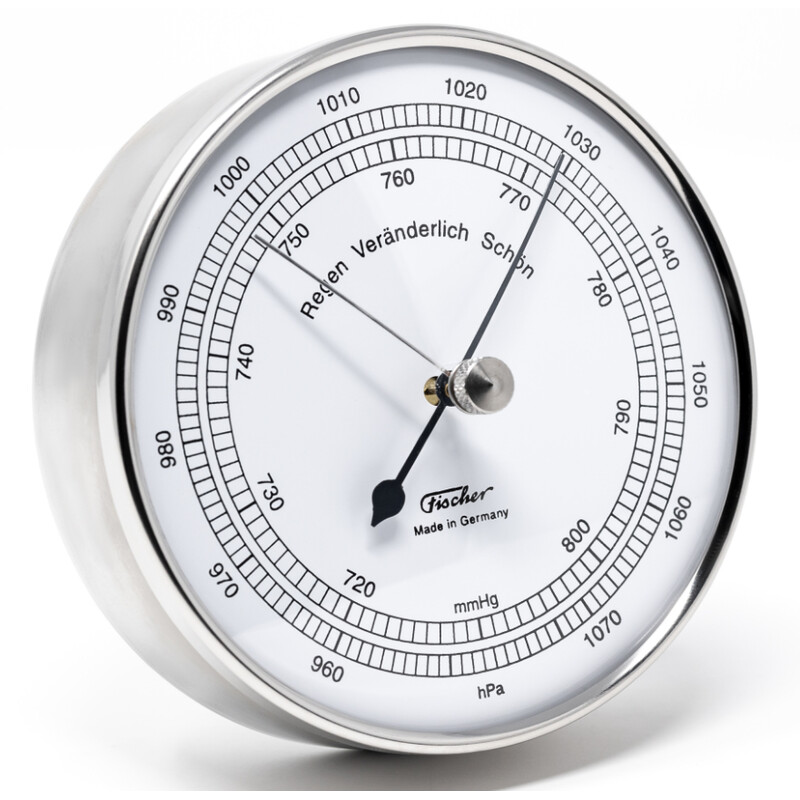Exploring the Different Kinds of Professional Weather Condition Terminals for Accurate Data Collection
When it comes to choosing the proper weather station for information collection, the market uses a range of options customized to various requirements and settings. Allow's check out the nuances of these professional weather condition terminals to comprehend their special performances and determine the best fit for details information collection requirements.
Digital Weather Terminals
In the realm of atmospheric instrumentation, digital weather terminals stick out as sophisticated devices for accurate data collection and evaluation. These advanced terminals are geared up with sensing units that catch a large range of weather condition parameters such as temperature level, humidity, barometric stress, wind speed, and instructions. The data accumulated by digital climate stations is sent wirelessly to a central console or a computer system for real-time monitoring and evaluation.
One of the crucial benefits of digital climate stations is their capacity to provide high-resolution information with accuracy and integrity. This level of accuracy is important for various applications, consisting of farming, emergency, research study, and aviation reaction. In addition, digital weather condition stations commonly come with software program that permits individuals to envision the data in various formats like graphes and graphs, assisting in less complicated interpretation and decision-making.
Wireless Weather Condition Terminals
Building on the capabilities of electronic climate terminals, wireless weather condition stations use boosted ease and flexibility in information transmission and monitoring. By utilizing cordless technology, these weather terminals remove the demand for difficult wired links, enabling very easy installment in different places. The wireless feature makes it possible for real-time information tracking from remote areas, providing meteorologists and weather enthusiasts with instantaneous accessibility to critical information.
Wireless climate stations generally contain sensors that accumulate information on temperature level, humidity, barometric stress, wind speed, and direction. These sensing units wirelessly transmit the information to a central console or receiver, where it is refined and displayed for evaluation. Some advanced cordless weather terminals can even attach to the internet, permitting users to access their climate data from another location through smart devices or computers.

Prosumer Weather Condition Terminals
What distinguishes Prosumer Weather condition Stations from traditional consumer-grade weather condition terminals? Prosumer Climate Stations bridge the gap between professional-grade and consumer-grade tools, offering advanced functions and greater precision than typical home weather stations. These stations are made for weather enthusiasts, amateur meteorologists, and small companies that call for even more precise data than what consumer designs can supply.
Prosumer Climate Stations typically include a broader variety of sensing units to gauge added meteorological parameters such as UV index, leaf dampness, and dirt dampness. They also have a tendency to have a higher level of durability and dependability, making them ideal for long-term outside use in numerous ecological conditions.


Industrial Weather Condition Stations
Industrial Weather Stations, also referred to as atmospheric surveillance systems, are specialized tools made for durable and accurate weather condition data collection in commercial settings. These stations are customized to meet the unique needs of commercial procedures where exact climate details is crucial for safety and security, effectiveness, and decision-making procedures.
Industrial weather condition stations are geared up with sophisticated sensing units that can gauge a large variety of atmospheric specifications such as temperature level, moisture, wind speed and direction, barometric pressure, and rainfall (Weather Stations). These website here terminals are commonly ruggedly constructed to withstand severe ecological problems typically found in commercial atmospheres
One trick attribute of industrial climate stations is their capability to offer real-time data tracking and analysis. This enables industrial facilities to prepare for weather-related risks, optimize operations based on climate conditions, and make certain the safety of workers and tools. Additionally, commercial weather terminals can be integrated into existing industrial control systems for smooth information administration and automation.
Portable Weather Stations
In contrast to fixed commercial weather stations, mobile weather terminals offer adaptability and wheelchair for on-the-go data collection in numerous ecological settings. These compact devices are made to be quickly delivered to different locations, making them perfect for area study, emergency reaction situations, farming, construction sites, and outdoor events.
Mobile weather condition terminals commonly consist of sensors for gauging specifications such as temperature level, humidity, barometric pressure, wind rate, and wind instructions. Some advanced models may additionally include extra sensing units for keeping an eye on rainfall, solar radiation, and UV degrees. Regardless of their small size, portable weather condition stations are qualified of supplying reliable and accurate information equivalent to that of bigger, dealt with terminals.
Among the key advantages of portable climate stations is their quick release and ease of configuration. They can be functional within minutes, enabling quick data collection and evaluation. In addition, these stations can be configured to send real-time data wirelessly, allowing customers to keep track of and analyze environmental conditions from another location. Overall, portable climate stations are vital devices for professionals needing mobile, exact, and timely weather condition details in varied settings.
Final Thought
In conclusion, professional climate terminals come in different types such as electronic, wireless, prosumer, industrial, and mobile. By comprehending the differences in between these kinds of climate stations, people can make informed decisions to guarantee they get the most accurate and reputable weather condition data for their objectives.
)))))
Structure on the capabilities of electronic weather terminals, cordless weather condition stations use enhanced ease and versatility in information transmission and monitoring. Some progressed wireless weather condition stations can even connect to the web, enabling individuals to access their weather data from another location through computer systems or smartphones.
Prosumer Weather condition discover this info here Stations bridge the gap between consumer-grade and professional-grade devices, supplying more sophisticated features and higher precision than typical home weather condition terminals. Weather Stations. Overall, portable climate stations are vital devices for professionals needing mobile, exact, and timely weather condition details in varied settings
By comprehending the distinctions in between these types of weather stations, people can make informed decisions to ensure they obtain the most trustworthy and specific weather data for their functions.